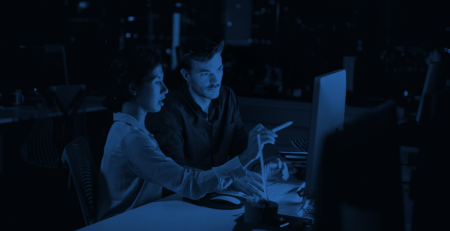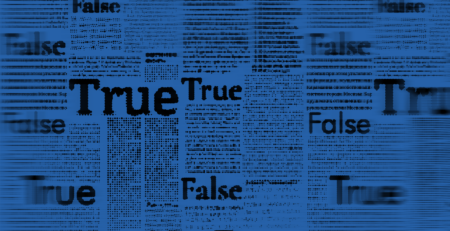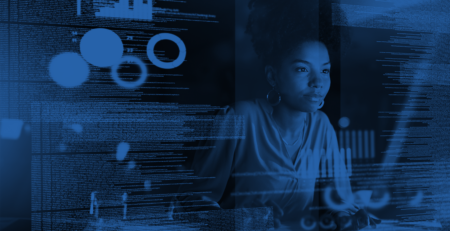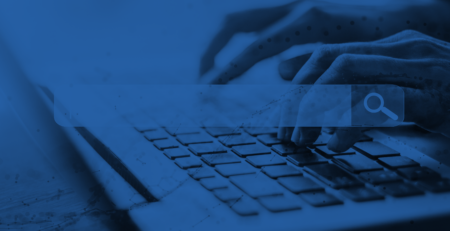5 Reasons for an Online Disguise
Most everyone knows online anonymity tools exist. However, not everyone realizes or fully understands the rationale behind their existence — or even when it makes sense to embrace the potential benefits. For instance, there are millions of people who have signed up or created accounts to protect their online identities. However, it is still only a very tiny fraction of users who actually do anything proactively to protect their privacy.
The problem may be that the tools are not convenient enough. It may be that people do not think it really matters, or they do not even realize the threat. If people fully understood the possible impact of being identified and tracked, it probably wouldn’t take long for attitudes and behaviors to change.
Here are five key instances when it may make sense to embrace an online disguise:
1. Targeted Attacks
Many criminals design their system to only target specific people or small groups. A recent watering hole attack through Forbes.com targeted only Department of Defense employees and Chinese dissidents. If you don’t look like yourself, you can avoid the attack completely. The key here is that they are not mass attacking everyone and exposing their extensive and valuable zero-day exploits.
2. Access to Information
Some websites block certain visitors or deny certain content to people based on their locations. By changing your identity and apparent location, you may be able to get to what you are looking for. Over the years there have been numerous examples of websites adapting behavior based off the information gathered about the visitor. For instance, at the simplest level, you cannot watch BBC shows from America because they block the U.S. visitor out. This is also true when it comes to pricing. Some websites alter prices displayed based on who or where you are. When you try a website from different places or with different profiles, you can often get a better deal.
For example: if you live within an “expensive” zip code, a site may show a higher price or reorganize what it shows to sway you towards buying an item at a higher price point. For instance, Travelocity was showing more expensive hotels to Mac users as opposed to other computer brands. This can also go down to the individual level when websites remember your past purchases and, as a result, always try to sell you on something at a little higher price. These sites are all dynamically built, allowing for page changes on the fly based off databases and business logic.
3. Avoiding Backlash
This comes into play when friends, family members or employers may not be comfortable with your political views or lifestyle activities. How many times do you want to click “like” on something on Facebook, but avoid doing so because you do not want to alienate some of your friends or followers? Having a cover can help protect you if you want to remain active and engaged on the Internet.
4. Passive Information Leakage
Your online activities can reveal a lot about your plans or activities. If a company’s R&D group is generating a lot of traffic to a particular set of product pages, then they are likely building a similar product. A burst of visits from the executive team, their law firm, and an investment bank might suggest a possible acquisition attempt. Personal and medical information is also at risk from simple searching and research activities. However, these patterns will never form a picture if you are under disguise.
5. Privacy
Fundamentally, every activity on the web is tracked, logged, aggregated and sold. We all have things we want to protect. It is no one else’s business but your own. Unless you take action, the sites you visit are going to make it their business.
Regardless of which reason applies to your circumstances, it’s important to have a working knowledge of the tools available to achieve anonymity as well as an understanding of exactly what you are up against. After all, understanding gives you the basis to make educated decisions upfront.









